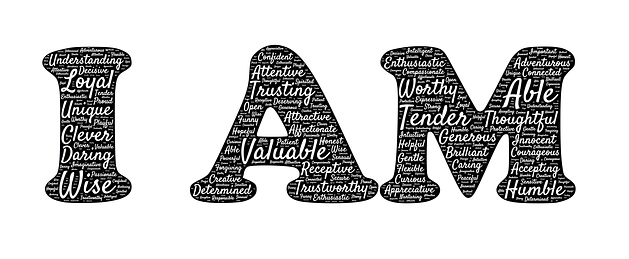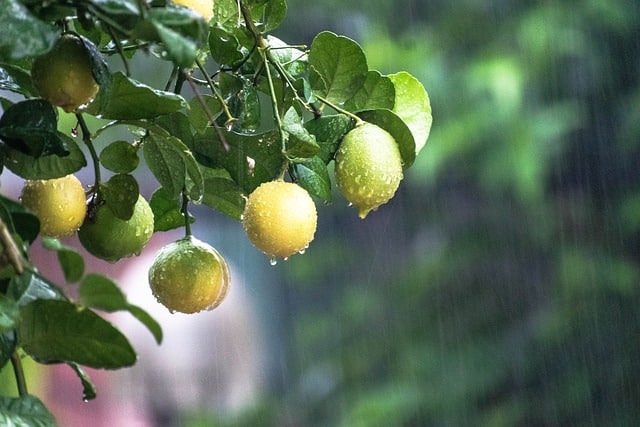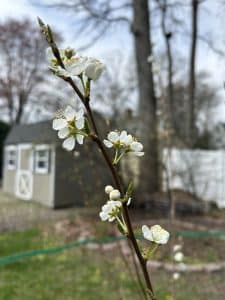Not good enough, and so much more

Brain and awareness are fascinating “things.” It always amazes me how you start with a thought that leads to a different thought that, in turn, leads to yet another thought. You realize that everything is connected, like a link chain.
It started with a simple comment by my teacher that I am doing better. My immediate response was “I am not seeing that.” “Better than a month ago?” he said. And I realized that he is right, and I know it, but for some reason I had difficult time admitting it, because in my mind it was still not good enough.
I thought about “not good enough”…
Not good enough – this is what pushes us to do more, to do better, to want to improve. But there is a line where it becomes a source of negativity. There is a point where always feeling that “it’s not good enough” is not only not helpful to our growth but impedes it. To add a positive spin, we call ourselves perfectionists. It is much more comfortable to explain it as being a perfectionist than trying to understand and address it.
How do we balance the feeling of accomplishment with “not good enough”? I am realizing that everything is relative to the moment. If we accomplish something, it might be good enough for that moment, and become not good enough the next one. Moments can be counted in minutes, hours, days, months, years. So, maybe it is ok to relax for a moment, accept and appreciate your accomplishments, with the desire to do even better. Just not at that very moment.
This made me think about so much more. How I am always looking for the most optimal solution, best outcome, right away. And then, if I cannot achieve it, I feel dissatisfied, hopeless, feeling this heavy weight of burden.
And I started thinking – it is easier for the brain to have two states: good enough, not good enough. Good and bad. Start and end. Emotionally it can be very trying and unpleasant but brain does not care about emotions. It is much harder for the brain to process each intermediate step, accept that it is a process, because that requires so much more awareness. My teacher talked about laziness of the brain, and at first, I was puzzled by the notion. I am starting to understand. The brain wants an easier way out, even if it is at the expense of emotions. The brain does not want to be bothered with the processing and understanding every little thing, every little step, comprehend it as a part of something larger. For me, understanding this is the first step, and it needs to be good enough for this very moment.




